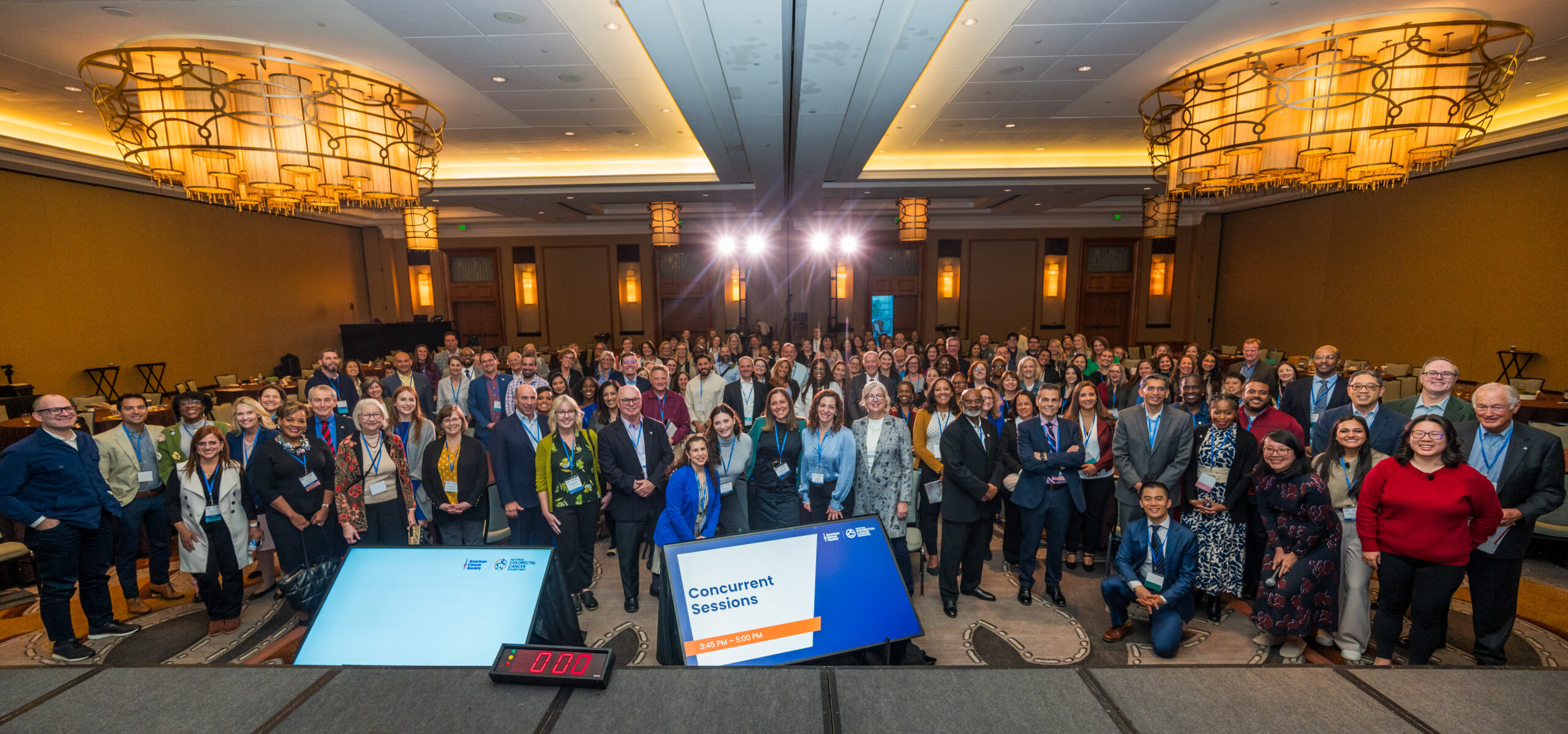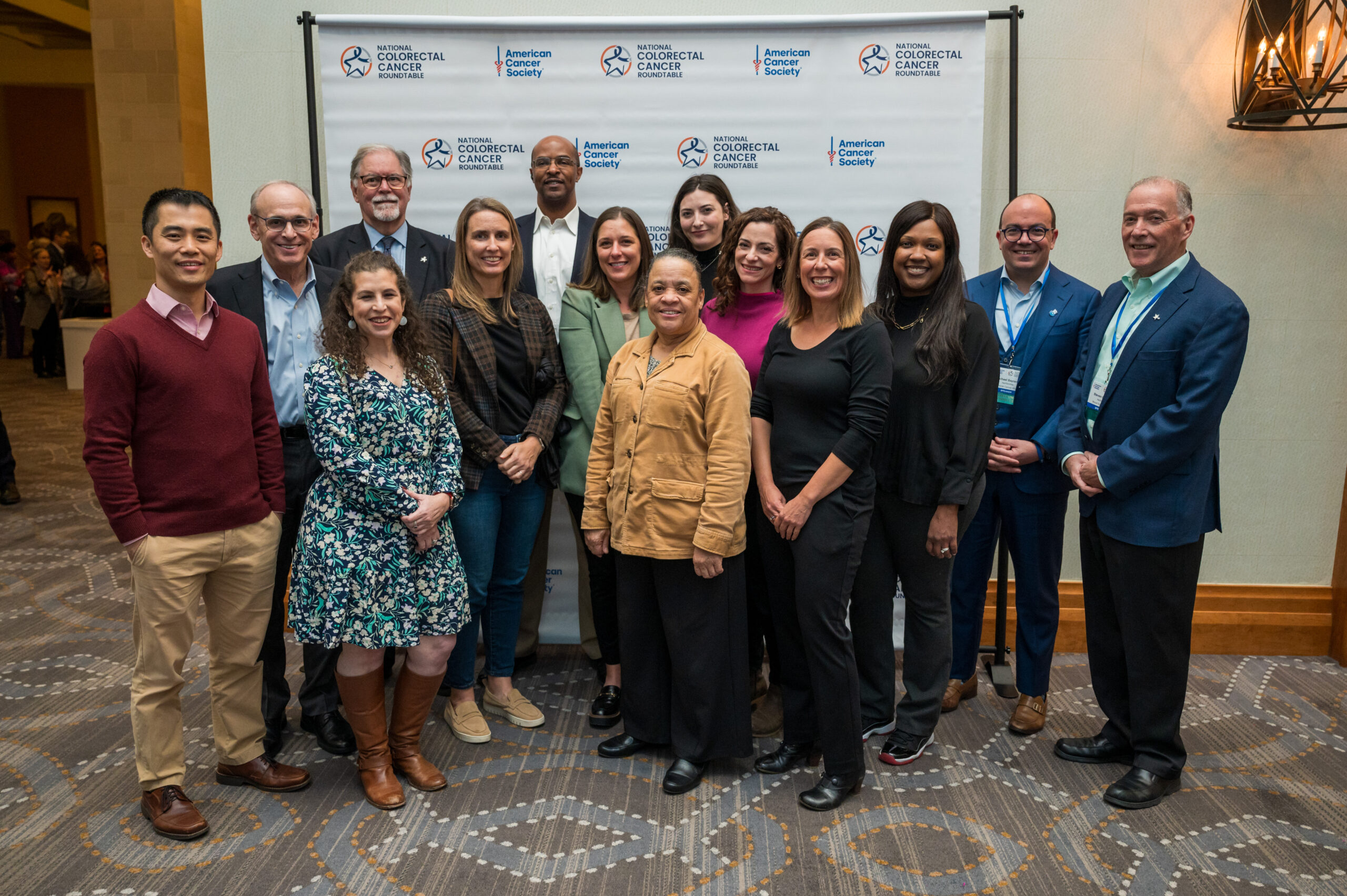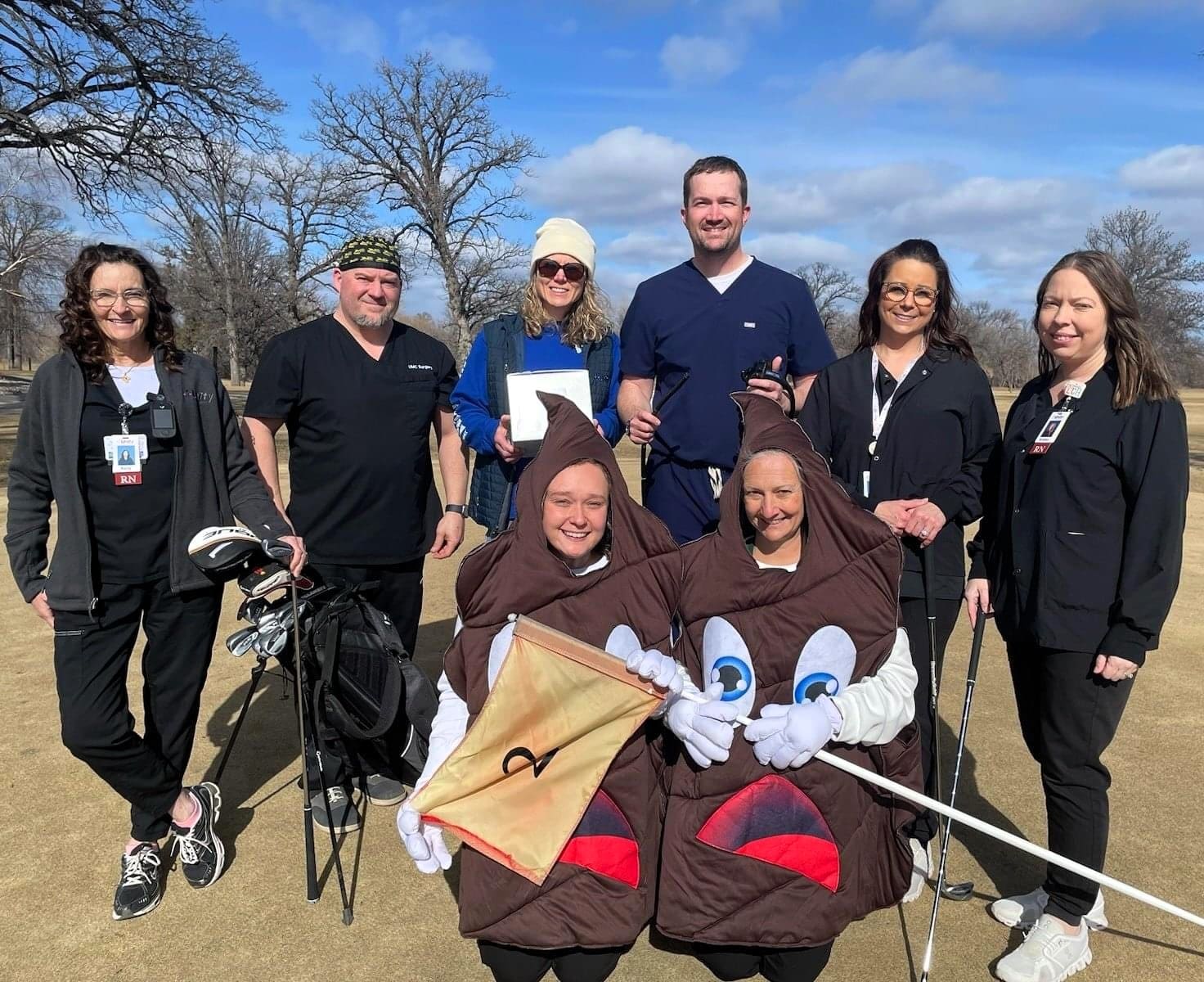Interview with Kaiser Permanente Northern California: 80% By 2018 National Achievement Award Honoree

February 20, 2020 – Author: Theodore Levin, MD
In February 2019 Kaiser Permanente Northern California became an Honoree recipient of the 80% by 2018 National Achievement Awards, a program designed to recognize individuals and organizations who are dedicating their time, talent and expertise to advancing needed initiatives that support the shared goal to achieve colorectal cancer screening rates of 80% and higher.
Dr. Theodore Levin is a gastroenterologist with the Permanente Medical Group in Walnut Creek California. He is clinical lead for CRC screening with TPMG and a research scientist at the KPNC division of research.
Kaiser Permanente is committed to helping shape the future of health care. We are recognized as one of America’s leading health care providers and not-for-profit health plans. Founded in 1945, Kaiser Permanente has a mission to provide high-quality, affordable health care services and to improve the health of our members and the communities we serve. We currently serve 12.3 million members in eight states and the District of Columbia. Care for members and patients is focused on their total health and guided by their personal Permanente Medical Group physicians, specialists and team of caregivers. Our expert and caring medical teams are empowered and supported by industry-leading technology advances and tools for health promotion, disease prevention, state-of-the-art care delivery and world-class chronic disease management. Kaiser Permanente is dedicated to care innovations, clinical research, health education and the support of community health.
Tell us a little bit about Kaiser Permanente Northern California and the organization’s colorectal cancer screening program.
Kaiser Permanente Northern California serves 4.3 million members, with a focus on prevention and total health. Beginning in 2006, Kaiser Permanente developed a population-based colorectal cancer (CRC) screening program to systematically deliver screening to age-eligible patients. We use a combination of Fecal Immunochemical Test (FIT) kit outreach and colonoscopy to systematically screen Kaiser Permanente Northern California members for CRC. All our members who are eligible for screening are mailed a kit in the year they turn 50. Following the first kit, all average risk members are mailed a FIT kit each year as they become due for screening through age 75. Colonoscopies are available for higher risk members and for those who would prefer to have that screening procedure.
Members coming due for surveillance colonoscopies are tracked using a regional database. We have a robust, multi-modal reminder and tracking system to help ensure that all members who need to be screened for colorectal cancer are encouraged to do so by phone, online through the Kaiser Permanente member portal (called kp.org), and/or by mail.
When and why did Kaiser Permanente decide to focus on increasing colorectal cancer screening?
Colorectal cancer screening has been a focus of Kaiser Permanente Northern California going back to the early 1980s. We published the first case-control study demonstrating the effectiveness of screening for CRC with sigmoidoscopy in 1992. In the mid 1990s, the preferred screening test was flexible sigmoidoscopy.
With the introduction of the Healthcare Effectiveness Data and Information Set (HEDIS) metric for CRC screening, we discovered that our screening rate was lower than we expected. Using the new FIT screening tests that were available, we saw an opportunity to implement mailed outreach to improve our screening rates. As a result of our mailed outreach and automated reminders program, we saw our screening rate increase dramatically, from 40% to over 80%.
What activities and systems changes did you implement, and how did you choose them?
Our program is based on mailed outreach, automated electronic reminders, goal setting, dissemination of best practices, and feedback on performance. A key change was to proactively send out FIT kits through a systemic outreach program. This allowed members to complete their screenings in the privacy of their home in advance of their due date, regardless of whether they were coming in for an office visit. We also have an electronic reminder system that enables all of our clinicians and staff to see when our members are due for CRC screening, which means we remind our members to complete screening during every interaction they have with Kaiser Permanente. Every primary care provider receives updates regarding how many of their members are up to date with their screenings. In addition, leaders at each medical center share best practices for contacting unscreened members to reach screening goals. This includes specific training on culturally responsive approaches for promoting screening. Outreach messages are also tailored to be culturally responsive.
What success have you seen? How did you measure that success?
Over 10 years, our CRC screening rate increased from 40% to over 80% across the Northern California region. We reduced cases of colorectal cancer by 26% and reduced colorectal cancer related deaths by 52% among our members in Northern California. We published these results in Gastroenterology in 2018.
What tips would you offer to others who are working to increase colorectal cancer screening in hospital systems like yours?
Mailing FIT kits to members’ homes is an extremely effective way to increase CRC screenings because members can do the test in the comfort of their own homes; there is no need for an office visit. At the same time, the engagement of clinicians and staff is needed for additional outreach to members, and to emphasize the importance of screening when members come in for office visits.
Were there tools, trainings or resources that you found helpful?
The Community Guide, which is published by the Community Preventative Services Taskforce, was extremely valuable when we were starting our program. We also learned a lot from the United Kingdom’s National Health Service (NHS) Bowel Cancer Screening program.
Do you have any final tips for our readers that are working to achieve 80% in Every Community?
Don’t let perfect be the enemy of good. No matter where you are and what resources you have available, you can always start with some amount of outreach for screening. Be sure to test your materials to make sure they are inclusive of all members of your community, measure your impact, modify your program based on your learnings, and continuously improve.
We Highlight Successes, Leaders, Best Practices, And Tools That Are Making An Impact In The Nationwide Movement To Reach 80% Screened For Colorectal Cancer.
Do you have a suggestion for a future blog topic? We welcome you to share your suggestions by emailing [email protected].
Blog Policy
Opinions expressed in these blog posts are that of the author and do not represent policies of the National Colorectal Cancer Roundtable or the author’s institution.
Our staff moderate all comments on the 80% Blog. While we do not censor based on point of view, we will delete or edit comments that are offensive or off topic. Click here to view full version.
© 2025 American Cancer Society National Colorectal Cancer Roundtable. All rights reserved.


